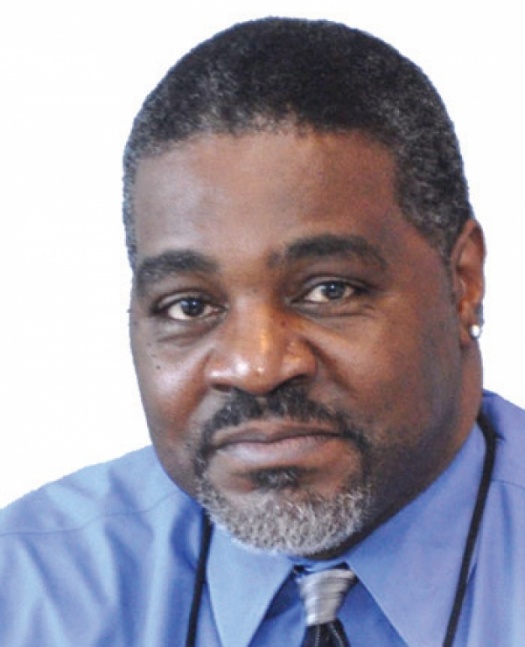
My mother, born and raised in Pittsburgh, Pa., had flawless diction. Folks in our neighborhood accused her of “talking white.”
My mother, born and raised in Pittsburgh, Pa., had flawless diction. Folks in our neighborhood accused her of “talking white.”á
It is a self-hating crime that her children and her children’s children have been accused of. I never figured I was talking “white.” I figured I was talking. That I didn’t slur my words or leave consonants off the ends of them or make contractions that don’t exist didn’t seem such a bad thing. That I cringe when “prairie” is pronounced with three syllables and the phrase “finna go” sends me into convulsions is probably part of my problem.
But these days, it is not talking “white” that draws the most enmity; it is the terrible crime of “talking down.” The penalty for that crime, it seems, is having ones testicles forcibly removed, presumably with a sharp-edged object.
Talking down means that you are lecturing people on their behavior, perhaps from a perch of moral superiority. Telling Black men that fatherhood is more than impregnation, telling Black mothers that buying an X-Box 360 should not come before buying a home computer or telling Black teens that education is more important than the ability to hit the jumper from the corner or being able to freestyle is considered talking down.
The crime is not talking down but considering that you are “up.”
This is not a new phenomenon. W.E.B. Du Bois spoke of a talented tenth and assumed an “up” position. Bill Cosby, with a Ph. D. in education, is excoriated because he lectures Black people. He was beloved when he portrayed the Afro-conscious Heathcliff Huxtable on television, but he is not smart enough to venture out of his lane to talk about Blacks in America.
And now we have Barack Obama, the first Black man to be the presumptive nominee of a major political party for president of the United States, being criticized for “talking down” to Black people. Obama, whose Kenyan father left his family, had the temerity to lecture Black men on their role in this society. Supposedly because he did not also mention the government’s failures, he was putting too much blame on Black people.
Now, I know white folks have done a lot of bad things to Black people. I’ve been arrested for “running while Black.” I have heard the stories, read the stories, even lived through the stories.
But I don’t blame white people for everything–a lot of things, but not everything. I don’t blame white people for Black-on-Black crime. I don’t blame white people for Black gangs. I don’t blame white people for unwed Black mothers.
That’s because I grew up in an era where white racism was much more palpable, much more virulent, much more in-your-face. I saw white people spit on Black people, throw projectiles at Black people, refuse to serve Black people. Those insults and physical assaults did not send me rushing to the streets to join a gang, or sell drugs or even to do drugs. It didn’t prompt me to find a young Black girl to impregnate and then leave. Instead, I focused on trying to change things, convinced that things could change.
That doesn’t mean that I blame Black people for their predicament in this country. But if I suggest that Black people don’t always have to sit still for this welfare mess and don’t have to buy into a victim scenario and don’t have to look the other way when cousin Ray-Ray’s kids are gangbanging, it doesn’t mean I’m talking down. Hey, I have relatives doing time, and I’m at a loss to explain how they ended up that way. I like to think I’m talking across.
We keep getting caught up in this class struggle and allowing that to become an issue when we’ve seen evidence it doesn’t matter what class you are in when you are Black and the police pull you over.
Some Black people feel that Barack Obama can’t possibly represent Black people since he didn’t march with King and didn’t hail from the South and didn’t come out of a northern inner-city ghetto (and his mother was white). Well, yes he can, because he has something to say, and it is only talking down if you don’t think he’s Black enough to talk at all.
When my mother spoke of class, she would be admonishing me to act like I had some. She was classy and she didn’t talk down to people, but she also wouldn’t allow anyone the opportunity to talk down to her. We need to start listening to sensible criticism, even if it isn’t from the usual suspects.
Lou Ransom is executive editor of the Chicago Defender. He can be reached via email at lransom@chicagodefender.com
á
______
Copyright 2008 Chicago Defender. All rights reserved. This material may not be published, broadcast, rewritten, or redistributed.
